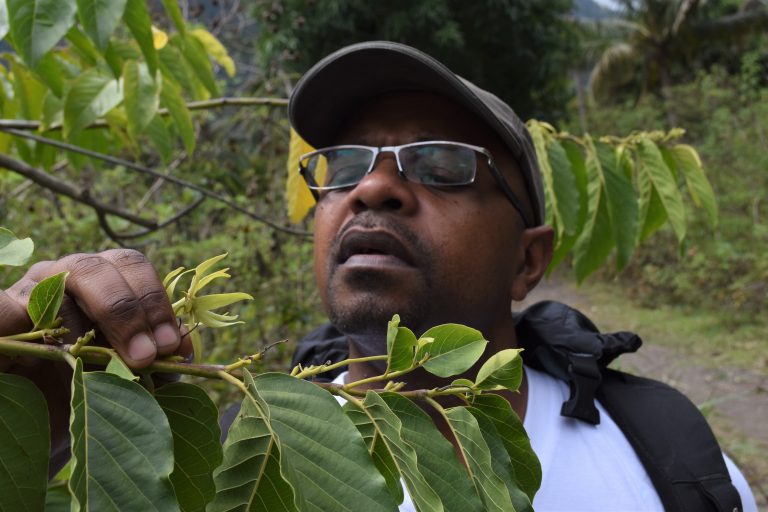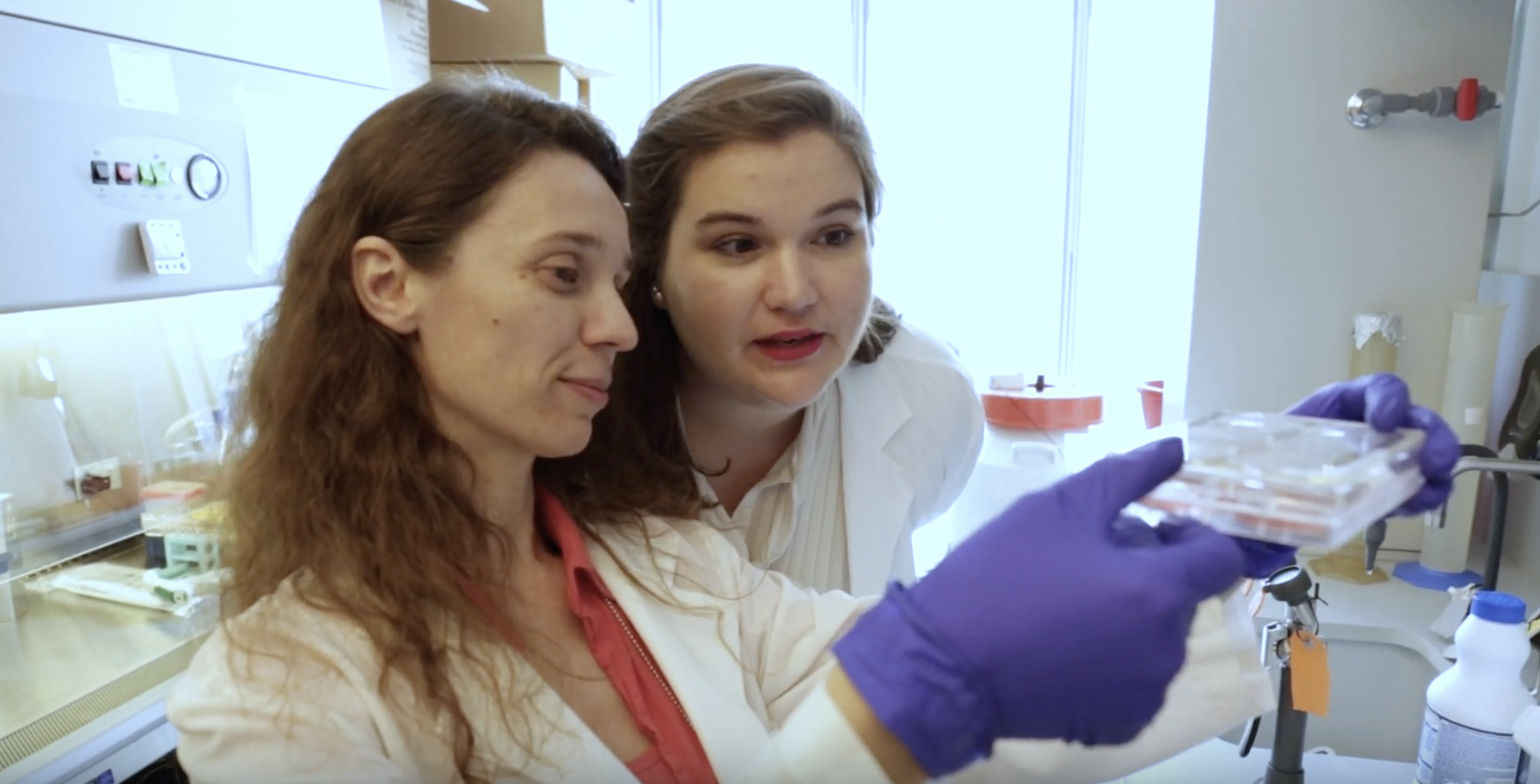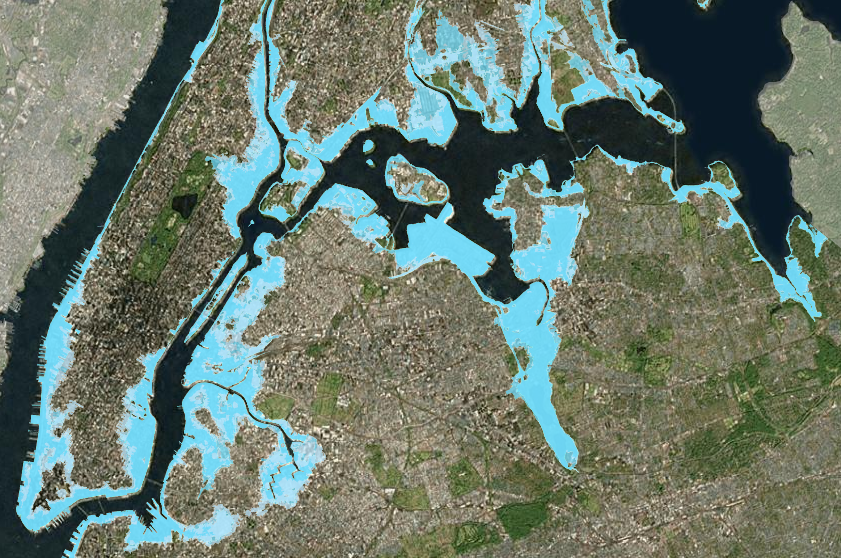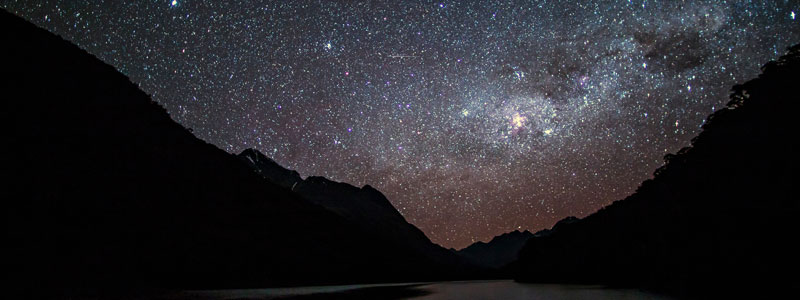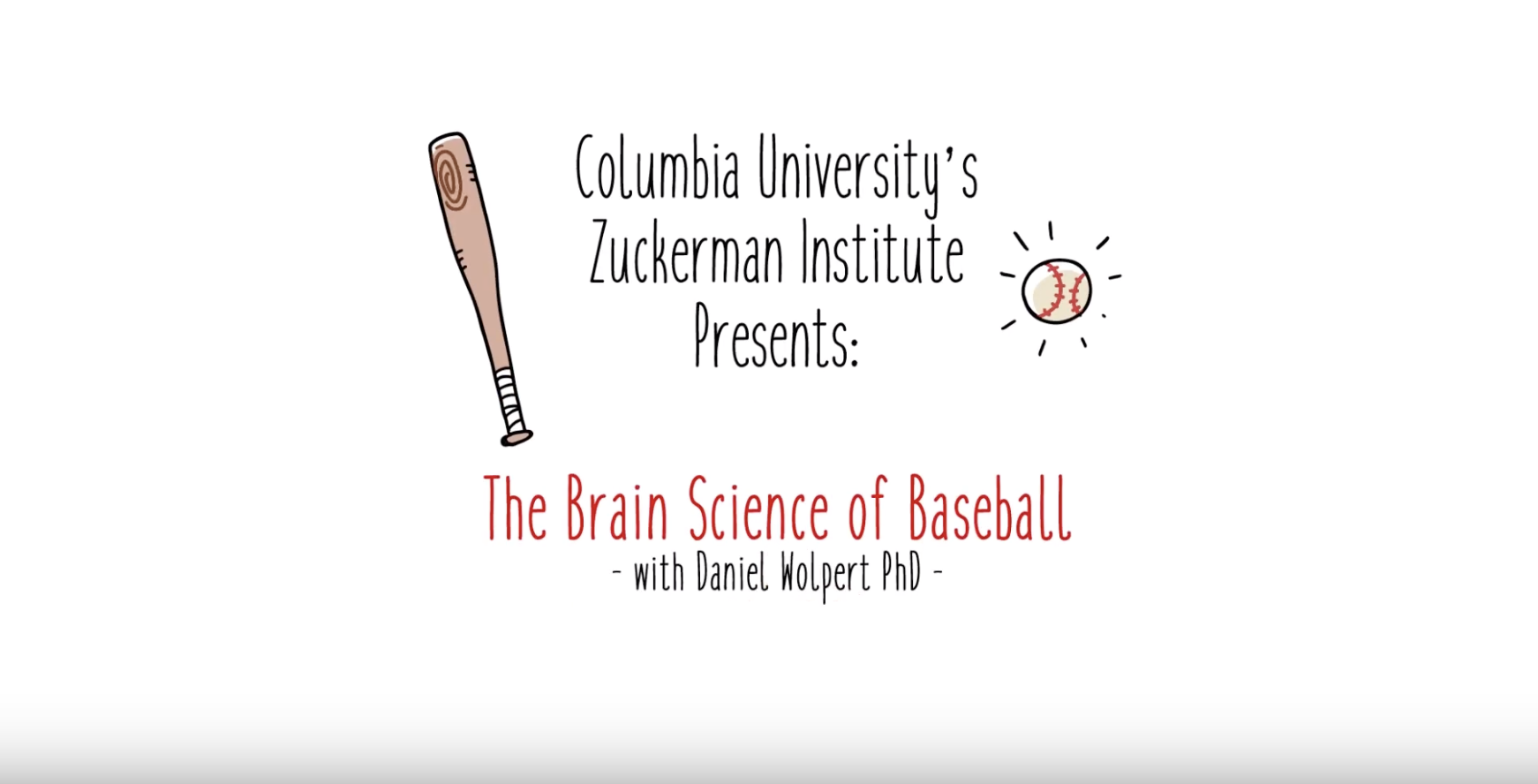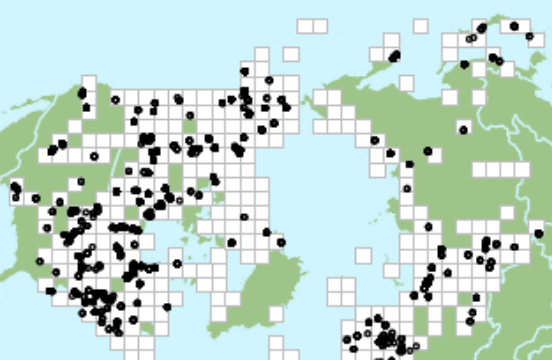November 6, 2019
Why Being Bored Can Be Hazardous to Your Health
Columbia researchers are taking a closer look at this state that leaves people craving relief—and how it affects decision-making, relationships and behavior.
November 4, 2019
As Climate Warms, Plants May Demand More Water, Cutting Supplies for People
A new study co-authored by Columbia University researchers challenges many climate scientists’ expectations that plants will make much of the world wetter in the future.
October 31, 2019
Curious Minds: Why Do Some Memories Last a Lifetime?
Mentored by Columbia Nobel laureate Eric Kandel, two young scientists team up and discover they have a lot in common. Both want to know how the brain creates memories.
October 24, 2019
Should New York Build a Storm Surge Barrier?
At a recent event hosted by Columbia University’s Sabin Center for Climate Change Law and the Earth Institute, experts discussed a study that is evaluating the feasibility of building storm surge barriers around New York and New Jersey.
October 24, 2019
Zsuzsa Marka Helps Develop an Astrophysics Institute to Harness Cosmic Data
Columbia University is a partnering organization on a $2.8 million National Science Foundation grant to develop the concept for a Scalable Cyberinfrastructure Institute for Multi-Messenger Astrophysics.
October 23, 2019
The Brain Science of Baseball
Daniel Wolpert, a neuroscientist at Columbia's Zuckerman Institute, is uncovering the connections between body and brain that make the physical feats of baseball possible.
October 21, 2019
Northern Peatlands Contain Twice as Much Carbon as Previously Thought
Northern peatlands may hold twice as much carbon as previously suspected. The findings suggest these areas play a more important role in climate change and the carbon cycle than they’re typically given credit for.


